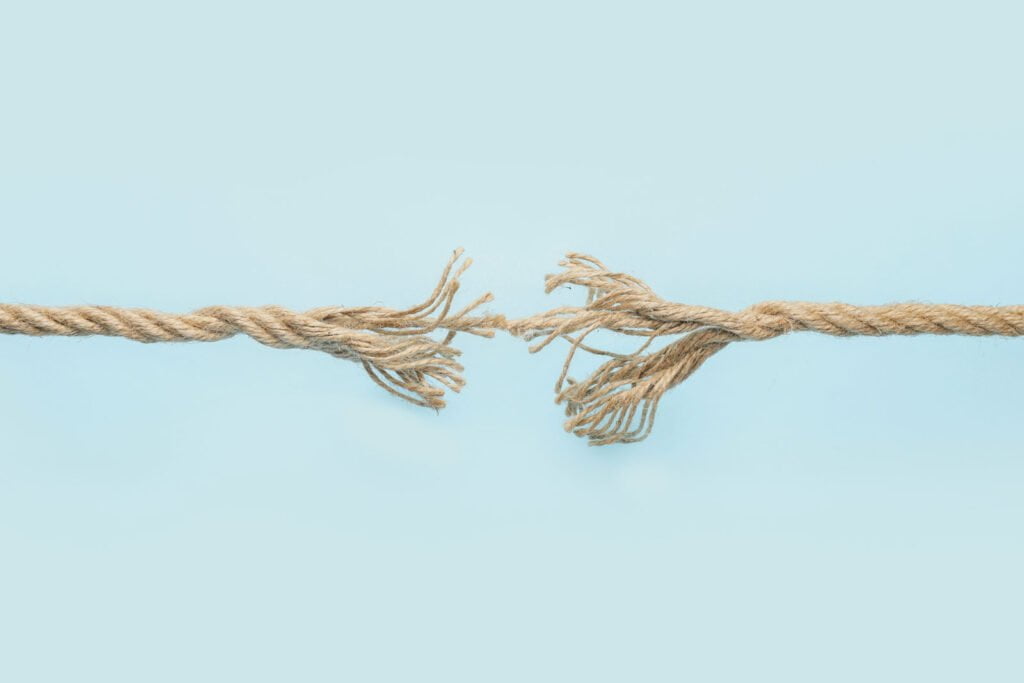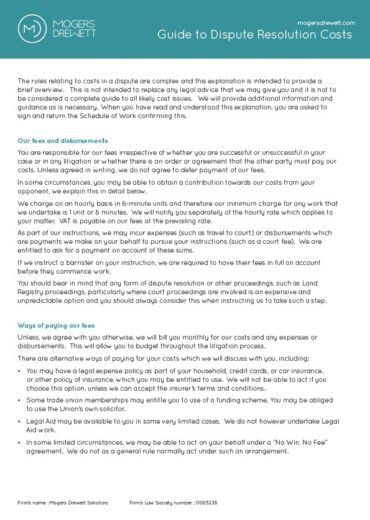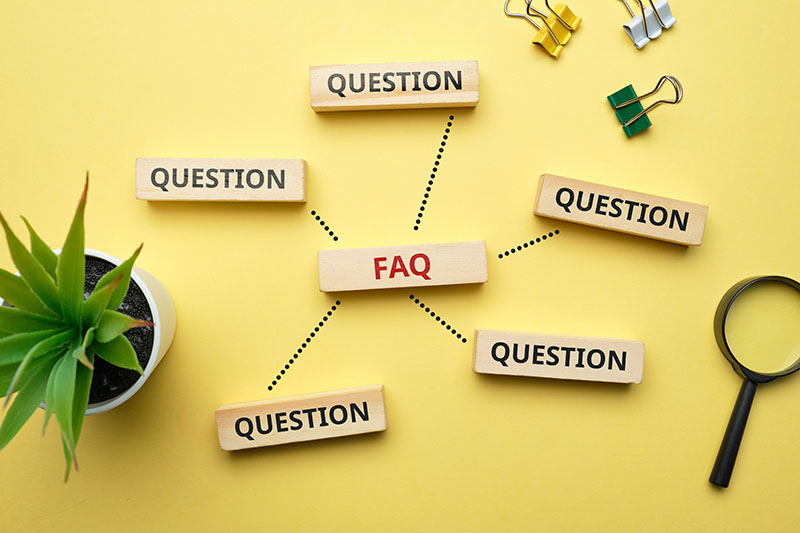Getting help with dispute resolution
Being involved in a dispute can be stressful, time-consuming and expensive. If the dispute involves your neighbour over a boundary or a family member regarding an inheritance dispute, the situation can escalate quickly. That is where we can help.
With any dispute, whether it involves property ownership, inheritance, a Will or the workplace, our specialist team of dispute resolution solicitors will work with you to resolve the issue quickly and efficiently. This will help you preserve relationships and avoid court.
Avoiding court is always our priority. So we work with you to explore practical and cost-effective options to resolve disputes, advising you while you attend mediation or other forms of alternative dispute resolution (ADR). If it turns out that court is the only option, then we will guide you through the process.

Our litigation and dispute resolution services
Property dispute resolution
Disputed property can quickly cause anxiety and upset. That is why we work hard to resolve any kind of issue relating to your home.
From boundary disputes and private right of way disputes to property ownership disputes and noisy neighbours, we can help you resolve the matter with minimal stress, allowing you to move forward.
Contentious probate, Wills and inheritance disputes
By their nature, disputes over Wills, trusts and inheritance often occur at times of emotional vulnerability and distress.
Whether you are a trustee, an executor or a beneficiary who is experiencing difficulties, our contentious probate solicitors will let you know where you stand on an inheritance dispute. We make it our goal to solve disputes quickly and sympathetically.
Employment disputes
If you have a problem at work, our team will help you understand the steps involved to resolve it. This could involve sorting things out informally, taking out a grievance or making a claim to an employment tribunal.
Next steps: get in touch to resolve a dispute
If you need legal advice on how to resolve a dispute, contact our team of dispute resolution lawyers on: 0800 533 5349 or enquiries@mogersdrewett.com
Meet the team
Frequently asked questions
When you reach out to the qualified and experienced dispute resolution solicitors at Mogers Drewett, we will first advise you on the strength of your case.
If you have good grounds for your dispute, we will support you through the pre-action stage, alternative dispute resolution (ADR) and any court proceedings.
Civil litigation is the process by which a non-criminal dispute or disagreement is resolved. It typically involves seeking financial compensation for damages or losses.
Types of civil litigation include:
- Building disputes
- Professional negligence
- Breaches of contract
- Contentious Wills
- Trust and inheritance claims
- Property law disputes
A property law dispute is a disagreement over the ownership, possession or use of a property. It can involve residential or commercial property, or agricultural land.
Property law disputes can involve:
- Boundaries
- Private right of way disputes
- Easements
- Titles
- Landlord-tenant conflicts
- Disagreements regarding property use
To ensure effective property dispute resolution, you will need to present clear documentation. This could include property deeds, surveys and contracts.
Alternative dispute resolution (ADR) refers to the different ways people can resolve disputes without going to court.
Common ADR processes include mediation, arbitration and neutral evaluation. These processes are generally confidential, less formal and less stressful than traditional court proceedings.
A typical dispute resolution process is as follows:
- Both parties exchange information about what is being claimed and why the other party is denying the claim
- If the parties cannot reach an agreement or settlement by themselves, they may try alternative dispute resolution
- If this fails, the claimant then issues court proceedings
- Once the defendant has explained why they dispute the claim, the court will advise both parties on how to prepare for trial
- The claim is heard by a judge at a final hearing, who then decides whether the claim is successful and who must pay the costs of the proceedings
While you may need to go to court, our team of dispute resolution solicitors will do everything in their power to resolve your dispute before it reaches this stage.
Going to court is only necessary if you cannot reach a settlement or agreement with the other party.
Litigation is very similar in meaning to dispute resolution. But litigation is typically used to describe a dispute that is being pursued in the courts.




